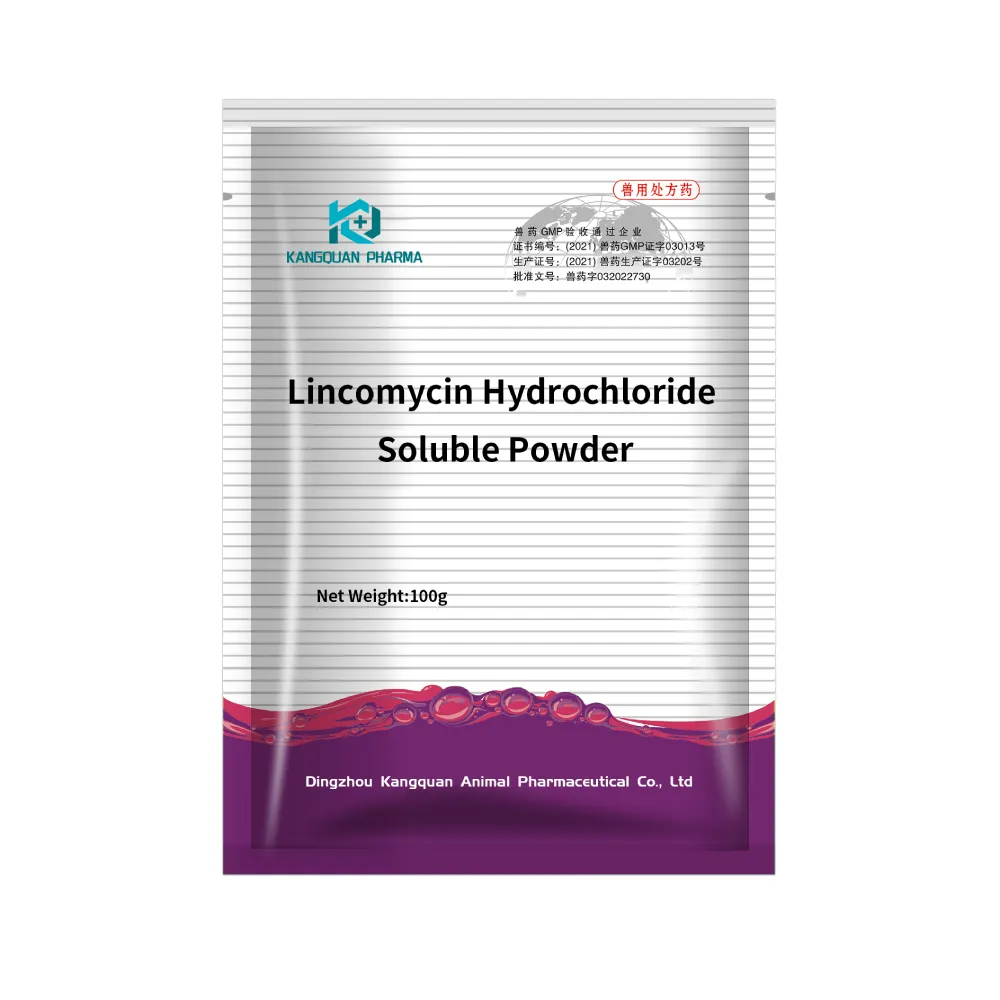- Afrikaans
- Albanian
- Amharic
- Arabic
- Armenian
- Azerbaijani
- Basque
- Belarusian
- Bengali
- Bosnian
- Bulgarian
- Catalan
- Cebuano
- Corsican
- Croatian
- Czech
- Danish
- Dutch
- English
- Esperanto
- Estonian
- Finnish
- French
- Frisian
- Galician
- Georgian
- German
- Greek
- Gujarati
- Haitian Creole
- hausa
- hawaiian
- Hebrew
- Hindi
- Miao
- Hungarian
- Icelandic
- igbo
- Indonesian
- irish
- Italian
- Japanese
- Javanese
- Kannada
- kazakh
- Khmer
- Rwandese
- Korean
- Kurdish
- Kyrgyz
- Lao
- Latin
- Latvian
- Lithuanian
- Luxembourgish
- Macedonian
- Malgashi
- Malay
- Malayalam
- Maltese
- Maori
- Marathi
- Mongolian
- Myanmar
- Nepali
- Norwegian
- Norwegian
- Occitan
- Pashto
- Persian
- Polish
- Portuguese
- Punjabi
- Romanian
- Russian
- Samoan
- Scottish Gaelic
- Serbian
- Sesotho
- Shona
- Sindhi
- Sinhala
- Slovak
- Slovenian
- Somali
- Spanish
- Sundanese
- Swahili
- Swedish
- Tagalog
- Tajik
- Tamil
- Tatar
- Telugu
- Thai
- Turkish
- Turkmen
- Ukrainian
- Urdu
- Uighur
- Uzbek
- Vietnamese
- Welsh
- Bantu
- Yiddish
- Yoruba
- Zulu
Nov . 27, 2024 18:52 Back to list
Side Effects of Dexamethasone Sodium Phosphate Injection You Should Be Aware Of
Dexamethasone Sodium Phosphate Injection Understanding Side Effects
Dexamethasone sodium phosphate is a synthetic corticosteroid medication widely used in the treatment of various inflammatory conditions, allergies, and autoimmune diseases. This potent drug is administered via injection, making it effective for rapid relief of symptoms. While dexamethasone is beneficial for managing health conditions, it is crucial for patients and healthcare providers to be aware of its potential side effects to ensure safe and effective treatment.
Mechanism of Action
Dexamethasone exerts its effects by mimicking the action of cortisol, a hormone naturally produced by the adrenal glands. As a glucocorticoid, it modulates inflammation and immune responses, offering relief from symptoms associated with conditions such as arthritis, dermatitis, and respiratory disorders. However, the systemic nature of injectable dexamethasone means that it can affect many systems throughout the body, leading to a range of side effects.
Common Side Effects
Many patients tolerate dexamethasone sodium phosphate well, but some may experience side effects. The most common side effects include
1. Gastrointestinal Issues Patients may report increased appetite, weight gain, or gastrointestinal discomfort, including nausea and vomiting. These symptoms are primarily due to the drug's effects on metabolism and how it interacts with the digestive system.
2. Mood Changes Corticosteroids can affect mood and mental health. Some individuals may experience mood swings, anxiety, insomnia, or even depression. These psychological effects may be particularly concerning for those with pre-existing mental health conditions.
3. Increased Blood Sugar Levels Dexamethasone can lead to elevated blood glucose levels, which is especially significant for individuals with diabetes or those at risk of developing diabetes. Careful monitoring of blood sugar levels is essential for these patients during treatment.
4. Fluid Retention and Electrolyte Imbalance Patients may experience water retention, leading to swelling in the limbs or face. Dexamethasone can also affect sodium and potassium levels in the body, potentially resulting in imbalances.
dexamethasone sodium phosphate injection side effects

5. Skin Changes Long-term use of dexamethasone can lead to skin thinning, increased bruising, and delayed wound healing. Patients should be cautious about skin care to prevent complications.
Severe Side Effects
While many side effects of dexamethasone sodium phosphate are manageable, there are also severe potential side effects that require immediate medical attention
1. Increased Risk of Infection As a corticosteroid, dexamethasone suppresses the immune system, increasing the risk of infections. Patients should be aware of symptoms such as fever, chills, or unusual fatigue.
2. Gastrointestinal Bleeding Rarely, corticosteroids can cause gastrointestinal bleeding or peptic ulcers. Patients should report symptoms such as severe abdominal pain or black stools to their healthcare provider immediately.
3. Osteoporosis Long-term use of dexamethasone has been associated with osteoporosis, a condition characterized by weak and brittle bones. Patients on prolonged therapy should discuss bone health with their doctor, including potential preventive measures.
4. Adrenal Suppression Prolonged use of corticosteroids can suppress the production of natural adrenal hormones, leading to adrenal insufficiency when the medication is abruptly discontinued. Gradual tapering of the drug is often necessary to avoid withdrawal symptoms.
Conclusion
Dexamethasone sodium phosphate injection is a powerful tool in the management of various conditions, but its use must be approached with caution. Understanding the range of side effects—both common and severe—is essential for patients and healthcare providers alike. Open communication regarding possible side effects and proactive monitoring can enhance the safety and efficacy of treatment. Patients should always report any unusual symptoms to their healthcare provider promptly, ensuring that they receive appropriate care and adjustments to their treatment plan as needed. Through informed use, dexamethasone can continue to be a vital component in the therapeutic arsenal for managing inflammation and immune-related disorders while minimizing risks.
-
Guide to Oxytetracycline Injection
NewsMar.27,2025
-
Guide to Colistin Sulphate
NewsMar.27,2025
-
Gentamicin Sulfate: Uses, Price, And Key Information
NewsMar.27,2025
-
Enrofloxacin Injection: Uses, Price, And Supplier Information
NewsMar.27,2025
-
Dexamethasone Sodium Phosphate Injection: Uses, Price, And Key Information
NewsMar.27,2025
-
Albendazole Tablet: Uses, Dosage, Cost, And Key Information
NewsMar.27,2025













